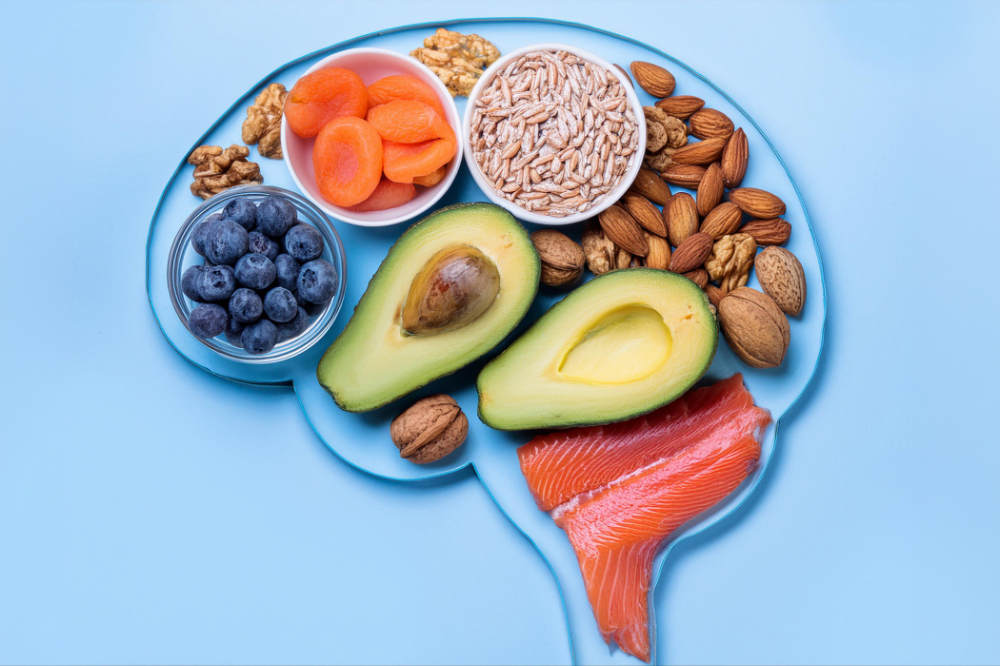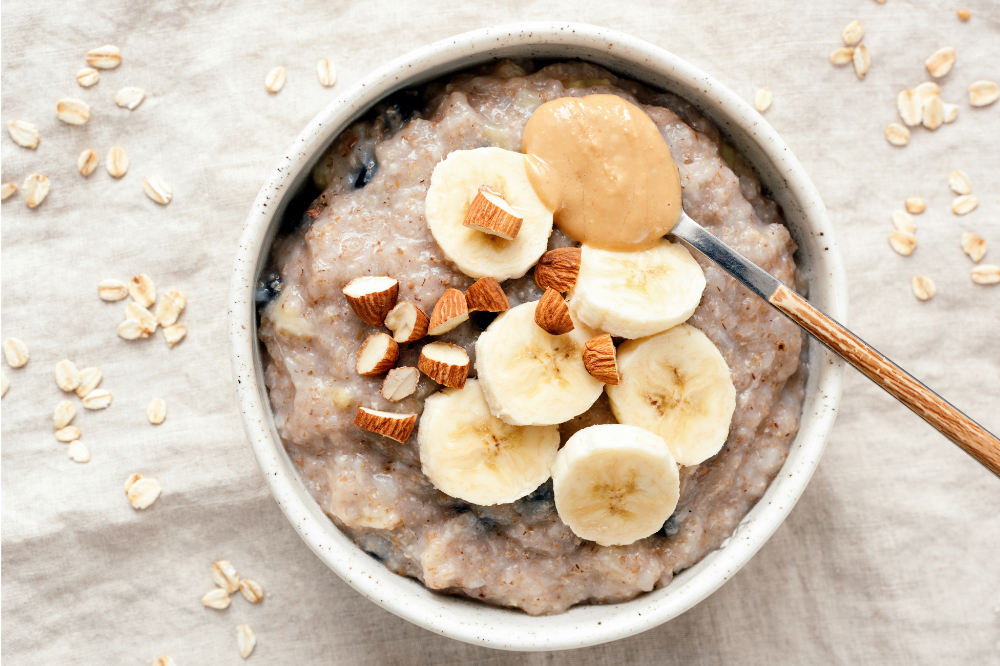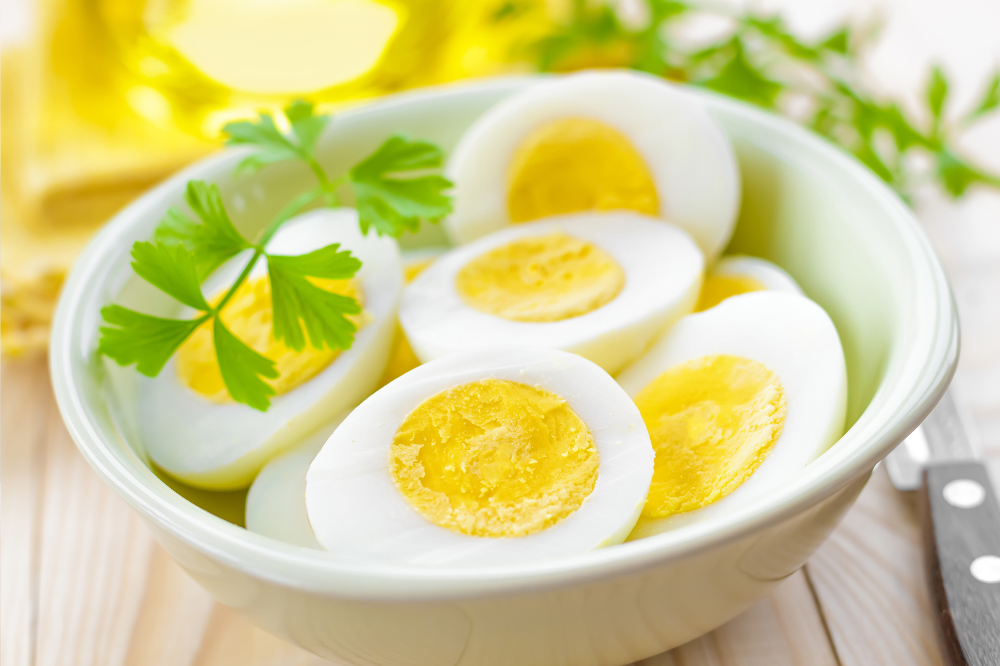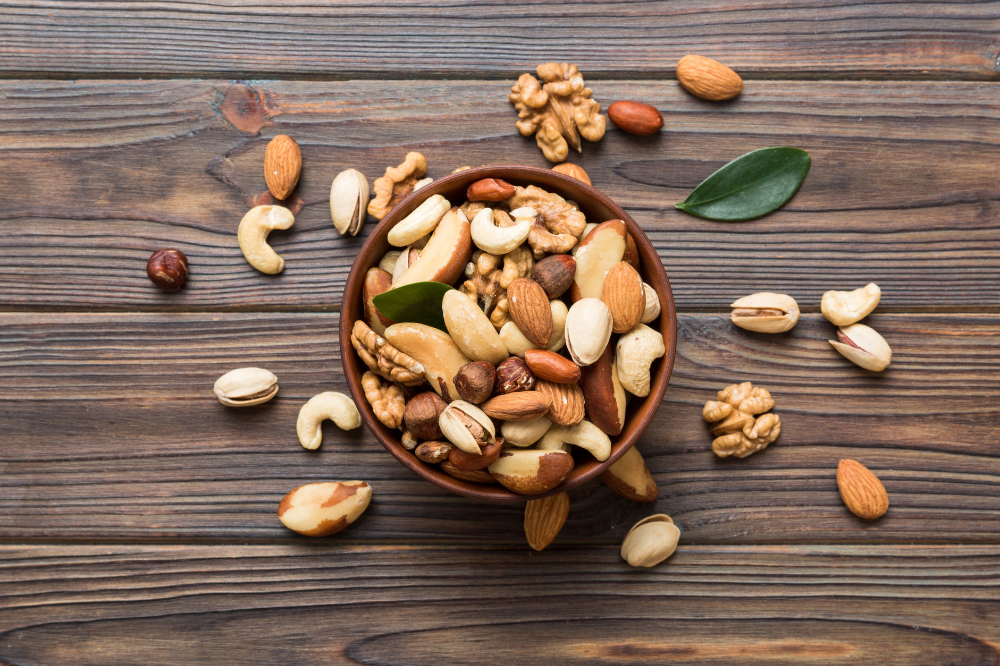Cultivating a healthier lifestyle: Eating on a budget while keeping the brain healthy

HEALTHY eating is not only important for our gut health but also more importantly, for our brain health.
Our brain depends heavily on nutrients provided for cognitive function, memory, mood and mental clarity.
Since gut health is intricately connected to the optimal brain function, maintaining both is vital.
As we age, we would face more stressful situations and avoiding cognitive decline and ensuring mental clarity would be more important than ever.
People need to place much greater emphasis on consistently incorporating nutritious foods into their daily intake, which can be difficult for busy working adults who are always on the move
Here is a list of affordable and easy-to-make foods that not only maintain a healthy brain but also support mental health, helping to reduce the risks of anxiety and depression
1. Oatmeal with Fruits

Oats are known for being brain-friendly, as they are rich in fiber and B-vitamins, which are essential for regulating cognitive health.
While oatmeal may taste bland on its own, adding fruits can enhance its flavor and benefits.
Pairing oatmeal with fruits such as bananas, nuts like walnuts, almonds, and cashews, and dried fruits like raisins and apples, along with cinnamon (which has anti-inflammatory properties), can make for a delicious meal while also supporting overall health.
2. Boiled Eggs

Boiled eggs are an affordable, high-quality protein source that also contains choline, a vital component for supporting memory and cognitive function.
While they may seem plain on their own, you can pair them with sides such as fruits or cottage cheese, which is also packed with protein, calcium, and choline.
Leafy greens like spinach or kale, rich in antioxidants, folate, and vitamin K, can support cognitive function while remaining budget-friendly.
Sweet potatoes can serve as an alternative to leafy greens or cheese, as they are full of beta-carotene, which the body converts into vitamin A, along with antioxidants that are great for brain health.
3. Nuts

Walnuts and almonds are rich in omega-3 fatty acids and vitamin E, both of which play a crucial role in supporting brain health.
Omega-3s help maintain brain structure, while vitamin E protects the brain from oxidative damage.
These nuts can be enjoyed on their own as a snack or added to dishes like oatmeal and salads to provide a brain-boosting crunch.
4. Sardines

Sardines are a type of fatty fish that are just like walnuts and almonds, rich in omega-3 fatty acids and vital for brain health.
They help build brain cells and stimulate the production brain chemicals responsible for mood, focus and memory.
You can opt for canned or frozen salmon which offers the same nutrient, further served grilled or baked, like sardines, or grabbed in cans.
With a side of vegetables or whole grains like brown rice, it gives a balanced, brain-boosting and gut-balanced meal.
5. Dark chocolate

When you're craving dessert, dark chocolate is a great choice for brain health.
Those with around 50 to 70 per cent cocoa content are often priced similarly to regular milk chocolate and can be found at most grocery stores, though premium options offer richer health benefits.
The higher the quality of the dark chocolate, the greater the concentration of antioxidants from the flavonoids in cocoa.
These antioxidants help improve blood flow to the brain, enhance cognitive function, and protect it against oxidative stress, while also providing healthy fats that support overall brain health.
Dark chocolate also contains theobromine and phenylethylamine, compounds linked to improved mood, reduced stress, and enhanced feelings of well-being.
Like other types of chocolate, it triggers the release of endorphins and serotonin, which can contribute to a more positive mood, indirectly supporting mental clarity and brain health.
Additionally, dark chocolate is rich in essential minerals such as magnesium, iron, and zinc, which are important for brain function and can help reduce anxiety symptoms through magnesium's role in improving nerve function.
6. Sweet potatoes

Last but not least, sweet potatoes, which make up much of the fries consumed today, are among the versatile ingredients that can be easily transformed into many recipes, such as buttery mashed potatoes, or enjoyed on their own when boiled or roasted.
They are rich in beta-carotene, an antioxidant that helps protect the brain from oxidative damage.
Beta-carotene can reduce the risk of cognitive decline and improve overall brain function, making sweet potatoes an essential ingredient to have in the kitchen for a quick, healthy meal or snack.
In conclusion, taking care of the brain is just as important as taking care of physical health, including gut health, which highlights the importance of paying attention to diet.
By incorporating simple, affordable ingredients like eggs, fatty fish, and nuts into daily meals, the brain will receive the nutrients it needs to perform its best in daily life.
While it is easy to overlook gut health, remembering that a healthy gut supports brain function can motivate the adoption of a healthier lifestyle, in addition to reducing the risk of other physical diseases such as heart disease and cancer.
It doesn’t have to be expensive or complicated — these easy-to-make, nutrient-packed foods can nourish both the mind and body on a budget, shaping a healthier and sharper you












